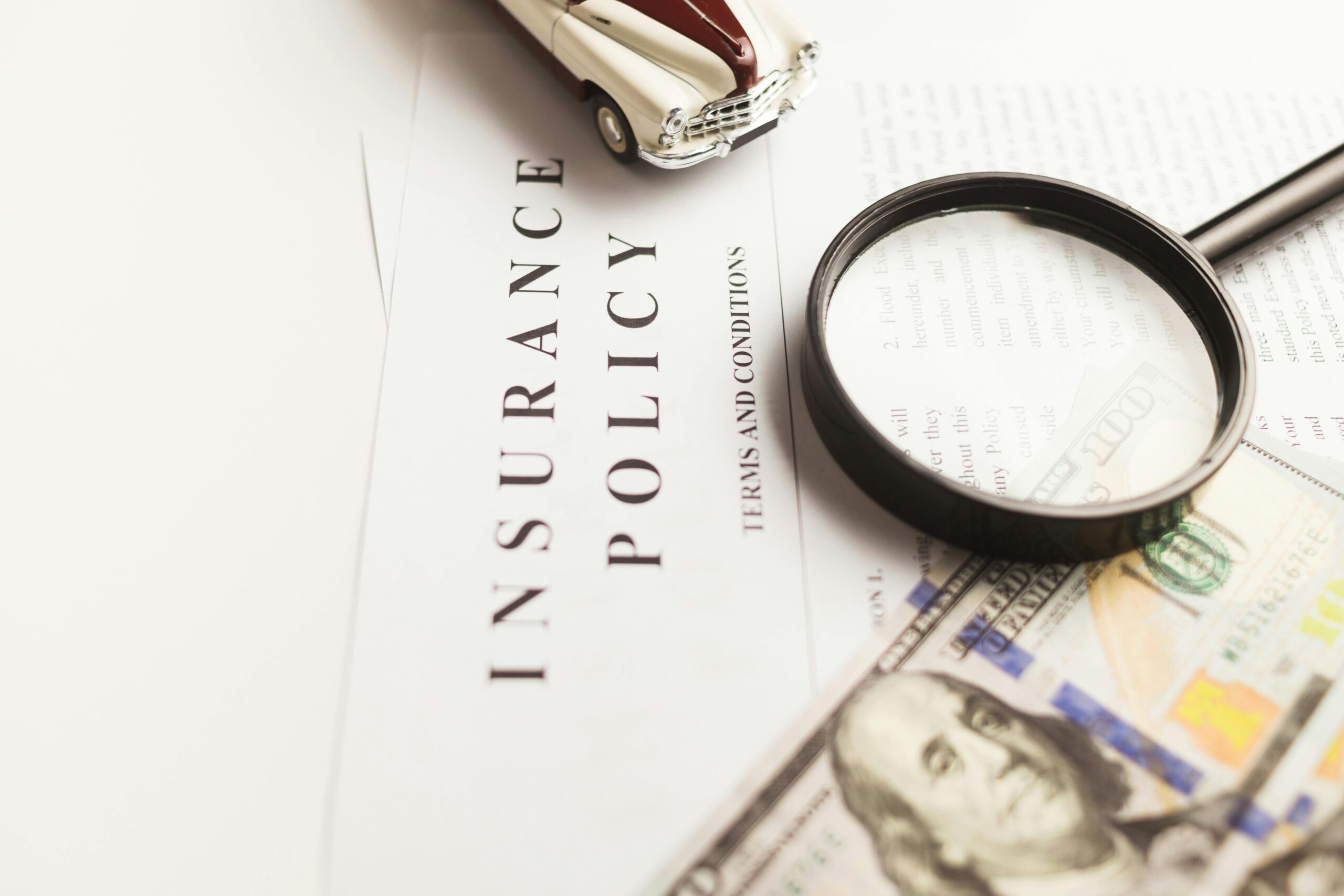“Ever felt the chill of a lawsuit threat for something you posted online? Yeah, media insurance exists for that exact reason.”
In this blog post, we’ll explore defamation claims coverage, why it’s essential for anyone in media or digital publishing, and how to protect yourself. You’ll learn about defamation risks, types of coverage, actionable steps to mitigate threats, and real-life case studies.
Table of Contents
- Key Takeaways
- The Problem with Defamation Risks
- How to Get Proper Defamation Claims Coverage
- Best Practices for Managing Media Insurance
- Real-Life Examples of Defamation Lawsuits
- Frequently Asked Questions About Media Insurance
Key Takeaways
- Defamation claims can cost businesses thousands—sometimes millions—in legal fees.
- Media insurance covers libel, slander, and other potential liabilities related to content creation.
- Not all policies are created equal; tailor your coverage to fit your unique needs.
- The key is proactive risk management alongside solid coverage.
The Problem with Defamation Risks
So here’s a scenario: Imagine you publish an opinion piece criticizing a public figure. Suddenly, they sue you for damaging their reputation via “libelous” statements. It sounds like a nightmare, right?

This type of situation isn’t uncommon. In fact, according to Forbes, defamation lawsuits have surged globally due to the rise of social media and digital publishers. Individuals and small businesses often bear the brunt since defending such cases can drain resources.
I remember one time when I accidentally shared unverified news about a local business on my blog. While not malicious, the backlash was overwhelming—not just emotionally but financially too. Thankfully, my media insurance saved me from disaster.
Optimist Me: “That could never happen to me!”
Grumpy Me: “Oh, sweet summer child… Go get insured *now.*”
How to Get Proper Defamation Claims Coverage
If you’re convinced (and you should be) that defamation claims coverage is necessary, here’s a step-by-step guide:
1. Selecting the Right Policy
Start by assessing your specific needs. Are you a journalist, blogger, podcaster, or marketer? Each role carries different defamation risks.
Look for terms like “Errors & Omissions Insurance” or “Media Liability Insurance”. These packages typically include protection against libel, slander, copyright infringement, and more.

2. Customizing Your Coverage
No two policies are alike. Customize based on:
- Potential exposure level
- Your content niche (politically sensitive topics require higher limits)
- Where you operate (some countries have stricter defamation laws)
Don’t forget to check policy exclusions! For example, intentional acts of malice won’t be covered.
3. Evaluating Costs vs. Benefits
Media liability premiums vary. Businesses might pay anywhere from $1,500 to over $10,000 annually depending on coverage scope (source). But consider this—it’s far cheaper than facing even a single lawsuit, which can average $75,000+ in legal costs alone!
Best Practices for Managing Media Insurance
Getting coverage isn’t enough—you need strategies to minimize claims:
- Audit Content Before Publishing: Fact-check rigorously. Misinformation spreads faster than ever.
- Leverage Legal Counsel: Have a lawyer review questionable materials before going live.
- Be Mindful of Social Media: Even casual tweets can lead to major issues.
- Ditch the Overconfidence: Just because you think something’s “obviously satire” doesn’t mean everyone will agree.
(Quick rant: Why do brands still ignore these basics?! Every year, someone tries to get edgy without considering consequences.)
Real-Life Examples of Defamation Lawsuits
Let’s talk reality. Here’s a breakdown of notable defamation lawsuits involving media companies:
- Case Study #1: A popular influencer once posted false allegations about a celebrity, leading to a $3M settlement (read more).
- Case Study #2: An independent journalist faced bankruptcy after failing to secure proper coverage during a high-profile trial.

Frequently Asked Questions About Media Insurance
What Does Defamation Claims Coverage Include?
It protects against charges of libel (written harm), slander (spoken harm), and sometimes invasion of privacy.
Is Media Insurance Only for Big Corporations?
Nope! Bloggers, influencers, podcasters—anyone creating content publicly—is at risk and should invest.
Can I Rely Solely on General Liability Insurance?
Big no-no. General liability won’t cover defamation claims specifically designed for media exposures.
Conclusion
Whether you’re a freelancer or running a large news platform, understanding defamation claims coverage is critical. Don’t wait until disaster strikes—secure tailored media insurance today. Remember, being prepared isn’t pessimism—it’s professionalism.
Chef’s kiss: Stay sharp out there. And remember,
“Like a Tamagotchi, your defense strategy also requires constant care.” 🐾


